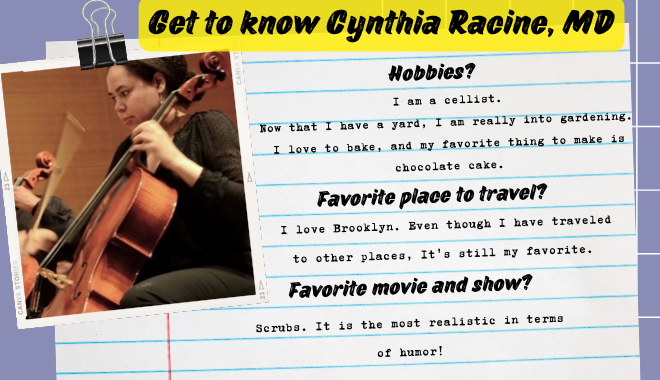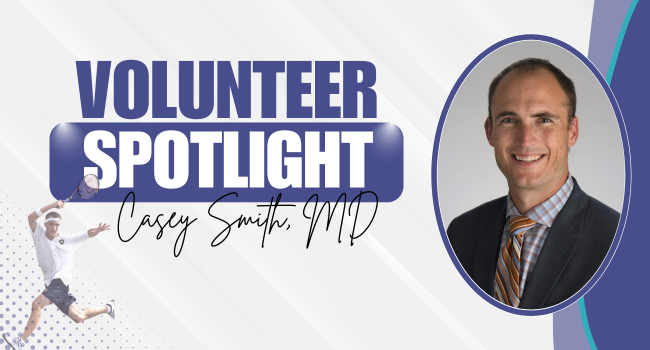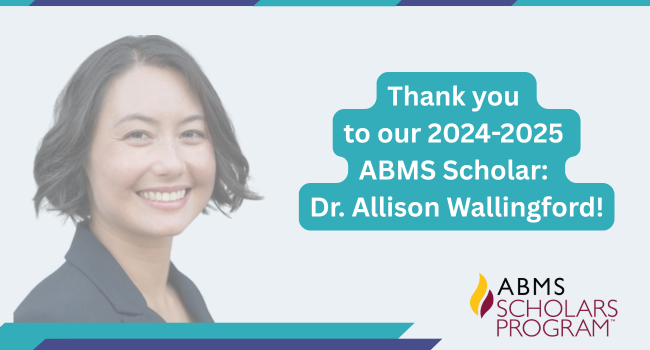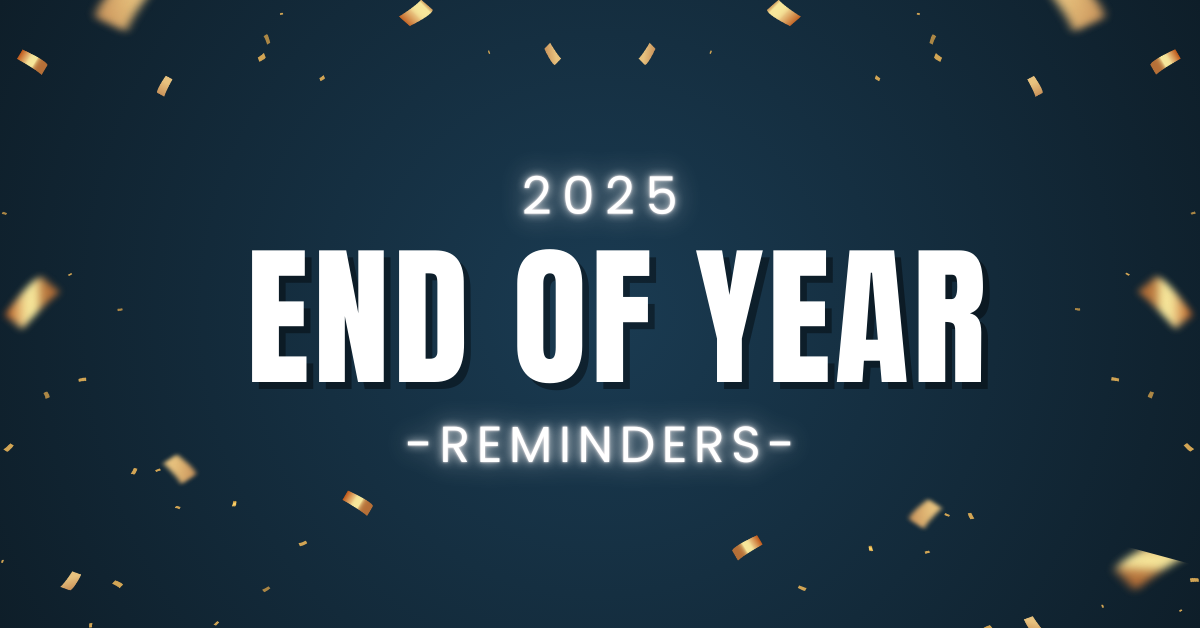Physician Features
Volunteer Spotlight: Cynthia Racine, MD
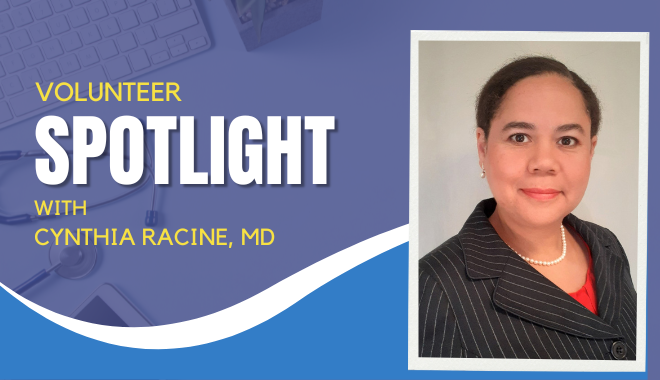
After completing her residency in New York City, Dr. Cynthia Racine remained there for the first 14 years of her career. This past summer she took the leap of moving back home to Louisville, KY for a new opportunity. She has been an ABPMR volunteer for the past two years assisting with the Part II Oral Examination. We got a chance to sit down with her and learn about her journey with PM&R and working with the Department of Veterans Affairs.
What is your current role and position?
I am the Chief of PM&R Service at the Robley Rex Department of Veterans Affairs Medical Center in Louisville, KY. My role is to oversee the service and make sure all the clinics run well on the physician’s side, the occupational therapy side, and physical therapy side. I advocate for the services to have the resources they need. I work with other chiefs of service, particularly neurology and surgery, to make sure we have good communication and seamless patient care. I also participate in medical education, which is my passion. We currently have residents rotating. My job is to look where the needs are and to expand services in whatever direction our patient population dictates. For example, right now we need to expand more in the direction of acupuncture and non-interventional pain-offerings, so that’s what I am moving towards. I got this job after one of my former residents from NYU Rusk sent me the job listing as she knew I am from Louisville and it’s close to my mom and family. It was totally meant to be.
Tell us about your path to medical school and residency?
I went to undergraduate and medical school at the University of Kentucky. I then moved to New York and did my residency at NYU Rusk Rehabilitation. After residency I stayed on as an attending physician teaching my alma mater residents at the Brooklyn VA. A few years ago I became the associate program director. That allowed me to get a lot deeper into medical education, which is my favorite thing to do.
How did you get started in PM&R?
In school, I thought I was going to be a cardiothoracic surgeon. But a fellow dissuaded me from that path citing the demanding schedule and long hours (he was miserable), so I started second guessing my decision. On my medicine rotation I was paired with an intern who was going into PM&R, and while on call we had several deep conversations. She told me that based on what draws me to medicine I was choosing the wrong specialty and that I should consider PM&R. I asked her why she thought that, and she said because "you like to fix things, you have a very physics-oriented mind." Rehab is about joints and forces and such. I ended up rotating onto that service and I thought wow, this is amazing. While on that service I worked closely with a neurosurgeon, and she emphasized that she could see I was really enjoying this, so having that reinforcement solidified it for me.
What do you enjoy most about PM&R?
I’ve spent my entire career working with the VA both full time and hybrid form, first in Brooklyn and now here in Louisville. I love the longstanding relationships I have with patients. When word got out in Brooklyn I was leaving I had long time patients come say goodbye to me early in the morning my last few weeks there. Right now, I run the amputee clinic. There is a lot of education involved, you’re helping them walk through a difficult time but you’re also helping them set expectations and redefine what ability means to them. I am a physician but also cheerleader and educator for my patients, and I like that combination.
How did you get started in volunteering for the ABPMR?
When I was at NYU Rusk the program director was involved with the Board for a long time. He recommended I become an examiner so when they reached out to me, I decided to try it and see what happens. I realized how important it is for our specialty to maintain a high standard of care for patient safety across providers. I also realized the importance of the Board. It is important that the specialists we turn out from our various residencies are trained to think in a process-oriented manner where you have similar approaches to medicine. Preparing for the oral exam gives you a framework to use when you’re going through a clinical scenario.
Why do you think the Part II Oral Exam is important?
The oral boards are a way for us to fine tune how we go from A-Z in a patient scenario, and to standardize it within our own brains. A written test can only show knowledge, but the oral exam is really testing how you’re thinking about a clinical problem, and it allows you to train your brain not to miss things. We all think differently, we all learn and process things differently, but to have that framework and standard that we all use benefits patient care across the board.
What is a memorable experience you have had through volunteering?
One experience I will never forget was this candidate who kept cracking jokes during the exam. It’s a formal situation and my co-examiner and I were trying to keep our faces straight and we just gave a little smile. But as soon as the exam was finished, and they left the meeting we just started laughing so hard because we had been bottling it all up throughout the entire exam. It was funny, and I thought they would make a great pediatric rehab physiatrist because they really knew how to make you smile.
